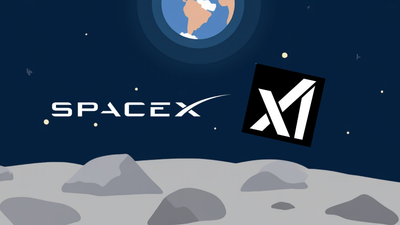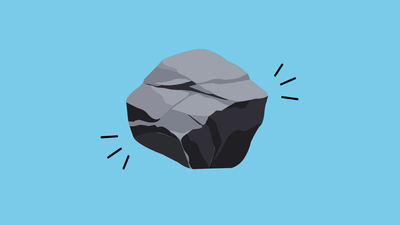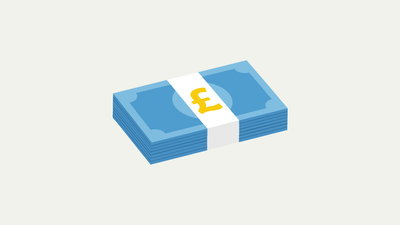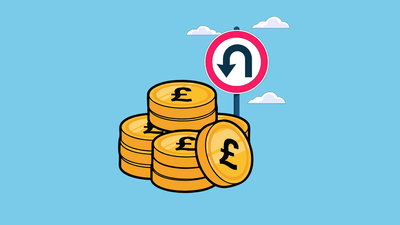Memo: Trump vs Wind
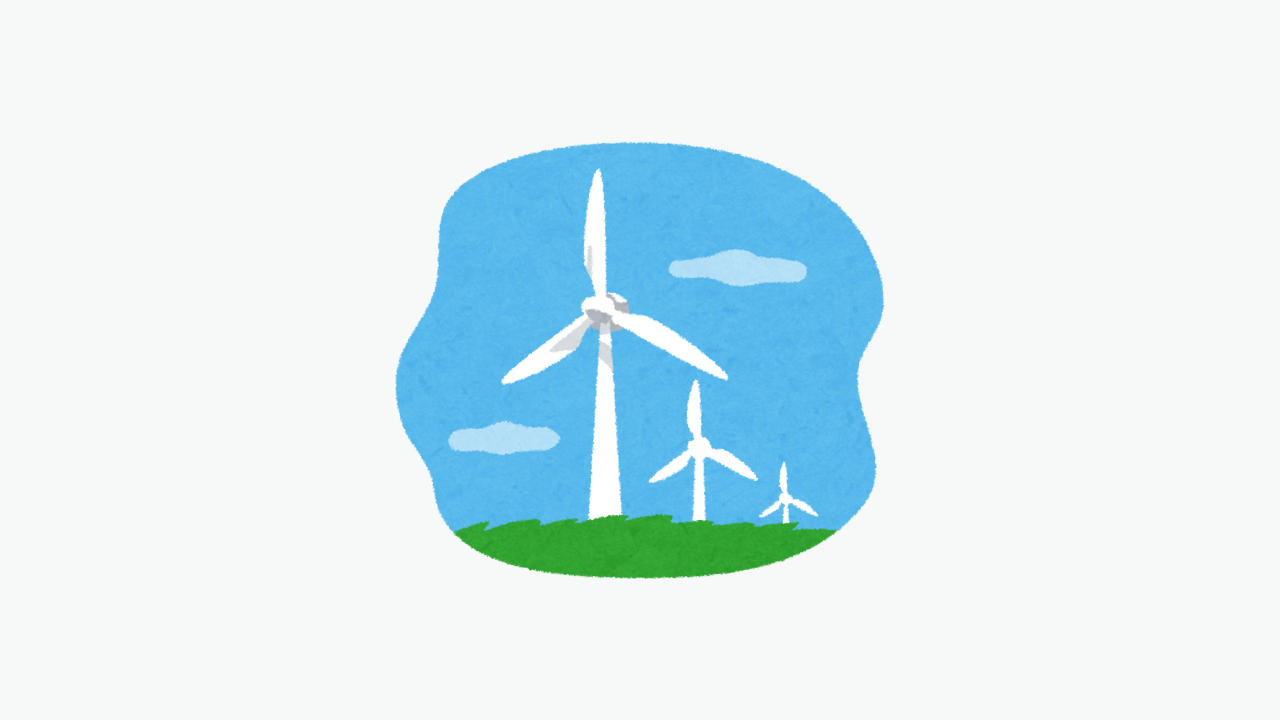
Hi ZipLawyer! Here's what you need to know today:
💸 Trump's fighting wind turbines
🤖 OpenAI to develop AI chips
📦 Sidley, Paul Weiss lead on merger
🧑💻 BCLP, Cleary face off in tech claim
🙋 What is a Buyback
Orsted, US States sue Trump
Rhode Island, Connecticut, and Orsted-backed Revolution Wind have sued the Trump administration after it abruptly halted an almost-finished offshore wind farm, citing national security concerns. The project, 80% complete and worth $5bn, is meant to power hundreds of thousands of New England homes.

What’s going on?
We've got two states and a Danish wind giant versus a president who really, really hates turbines. Trump’s order — citing “national security” — has frozen a project years in the making, and Revolution Wind says it’s on the hook for $1bn in wasted costs if the plug stays pulled.
For Orsted, the timing couldn’t be worse. Its stock has already tanked 40% this year, and it’s begging shareholders for cash to survive. For New England, it’s a gut punch: jobs, clean power, and billions in investment are stuck in legal limbo.
How does this impact Law Firms?
⚖️ Litigation: The Revolution Wind lawsuits against the Trump administration are just the beginning of what could become a wave of challenges from energy companies and state governments. Lawyers will be busy drafting emergency applications for injunctions to prevent stop-work orders from taking effect, as well as handling constitutional claims around due process and federal overreach. For example, dispute resolution lawyers would prepare and argue an urgent motion in federal court seeking to vacate the stop-work order so that construction can resume before billions in sunk costs are lost.
🔋 Energy: Offshore wind projects must navigate a complex web of regulatory approvals covering everything from marine conservation to national defence. With the federal government now suspending or revoking permits, lawyers will be needed to re-secure licences and defend environmental approvals that have already been granted. An example of their work would be advising Orsted on how to preserve its lease and permitting rights and prepare submissions to demonstrate compliance with marine-life protection standards.
Must-Know Today

🇫🇷 French PM François Bayrou faces a confidence vote Monday over his push for budget cuts. If he loses, President Emmanuel Macron could be pressured into calling snap elections — something he’s desperate to avoid after last year’s vote produced a splintered parliament. France is already shaky politically, and another election could freeze policymaking. For Macron, the best outcome is Bayrou surviving the vote, but the bigger test is whether he can still push through unpopular fiscal reforms.
🇸🇦 Saudi Arabia just revealed it pulled in $31.7bn in foreign direct investment last year — nearly 37% more than first reported. That’s just shy of the kingdom’s 2021 record and signals investors are still buying into Crown Prince Mohammed bin Salman’s Vision 2030 diversification push. The strong start to 2025, with the best Q1 since 2022, suggests Riyadh is landing foreign partners for mega-projects.
🤖 OpenAI is teaming up with Broadcom to churn out AI chips, according to insiders. Broadcom’s stock jumped after it revealed soaring revenue from a $10bn order tied to a mysterious new client (spoiler: it’s OpenAI). The move shows how the AI arms race isn’t just about the tech but also the chips. World powers are sparring over chip supply chains because whoever controls the hardware bottleneck controls the future of AI. And Sam Altman wants fewer bottlenecks.
🇩🇰 Denmark’s central bank will slash its 2025 growth forecast after a rough summer. Governor Christian Kettel Thomsen admitted weaker sales at Novo Nordisk — yes, even Wegovy can’t save everything — plus new US tariffs mean the earlier prediction of growth above last year’s 3.5% isn’t realistic. Novo’s slowdown is a big deal: the drugmaker has become a pillar of Denmark’s economy. Tariffs just add more drag. For a country often seen as Europe’s stable overachiever, it’s a rare downgrade.
Law Firm News
Join ZipLaw+ to continue reading

